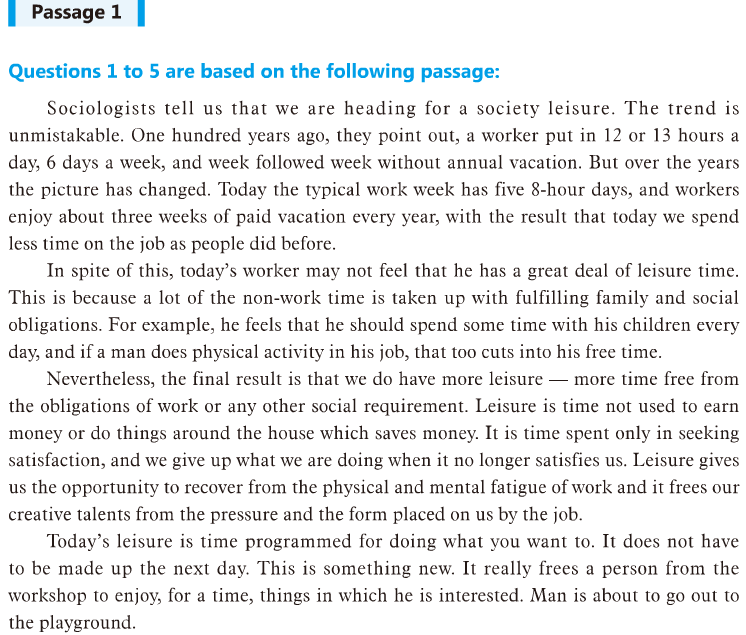Who Needs the stock Exchange
Everybody does. Nine out of ten of the adult population of this country save or invest in one form. or another. The Stock Exchange provides a way in which this money can be put to work.
If you are buying a car, a television, or a washing machine, you may pay for it out of your savings, or borrow from a bank or hire-purchase company. If you are buying a house, you may get a mortgage from a building society.
A business needing new machinery, or new premises, has similar options. Some of the costs can be met from profits kept in the business, in other words, paid for out of savings, but as a company grows, this becomes increasingly difficult.
From your point of view as a saver, you may be saving up for something definite, such as a down payment on a car or house, or simply in order to have money available, should some unforeseen emergency arise.
Either way, you will not be prepared to entrust your savings to a company seeking cash for expansion unless you can be sure you will be able to get it out again. If the company has meantime invested your money in launching a new product, it will not be able simply to hand it back. Nor can it usefully hand over a bit of the factory roof, or two or three tons of soap, to redeem the investment.
How then can these conflicting requirements be met?
The answer is through the Stock Exchange. When the saver needs his money back, he does not have to go to the company with whom he originally placed it. Instead, he sells his shares to some other saver who is seeking to invest his money.
Large companies need a way to; tap the savings of the public at large.
An oil-field in the North Sea can cost hundreds of millions of pounds to bring into production. Not until the oil is flowing can it contribute to the profits of the company that discovered it.
The same problem, on a smaller scale, faces practically every company trying to develop new products and create new jobs.
There can be little prospect of raising, the sort of sums needed from friends and acquaintances, and while banks may be willing to provide short-term finance, they are generally reluctant to provide money on a permanent basis for long-term projects.
So companies turn to the public, inviting people to lend them money, or take a share in the business in exchange for a share in future profits. This they do by issuing stocks and shares in the business through the Stock Exchange. By so doing they can mobilize the savings of individuals and institutions, both in the U. K. and overseas.
Many of the services needed both by industry and each of us are provided by government or our local authorities. Without hospitals, roads, electricity, railways, this country could not function. All these, require continuous expenditure on new equipment and development if they are to serve us properly, requiring more money than is raised through rates and taxes alone.
The government, local authorities, and nationalized industries therefore frequently need to borrow money to finance major capital spending, and they, too, come to the Stock Exchange.
There is hardly a man or woman in this country whose job or whose standard of living does not depend on the ability of his or her employers to raise money to finance new development. In one way or another, this new money must come from the savings of this country. The Stock Exchange exists to provide a channel through which these savings can reach those who need finance.
Who Are the Savers?
Many attempts have been made to find out how many savers there are in the United Kingdom and Republic of Ireland. It is difficult to be sure, because one person may have a savings bank account, another a bank deposit book, another a b
A.Y
B.N
C.NG
 题目内容
(请给出正确答案)
题目内容
(请给出正确答案)
 简答题官方参考答案
(由简答题聘请的专业题库老师提供的解答)
简答题官方参考答案
(由简答题聘请的专业题库老师提供的解答)

 Although people spend less time on their jobs, they still feel they do not have enough leisure time because of the following EXCEPT _____.
Although people spend less time on their jobs, they still feel they do not have enough leisure time because of the following EXCEPT _____.




























